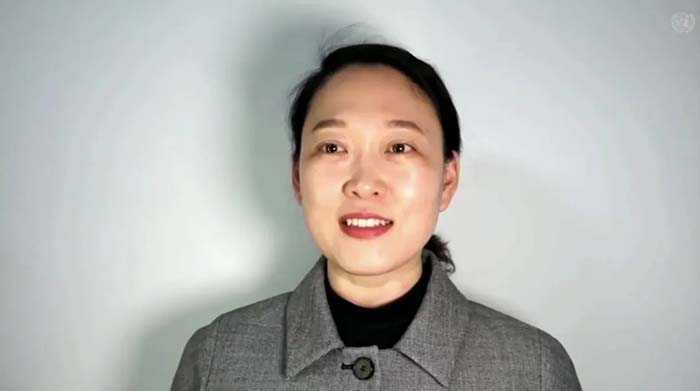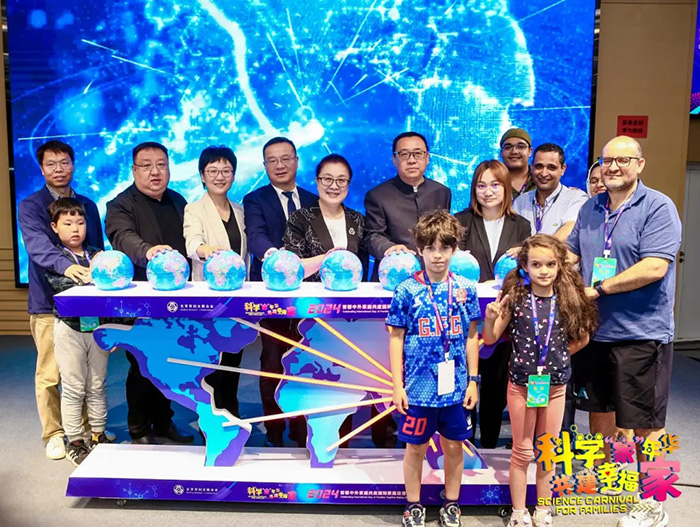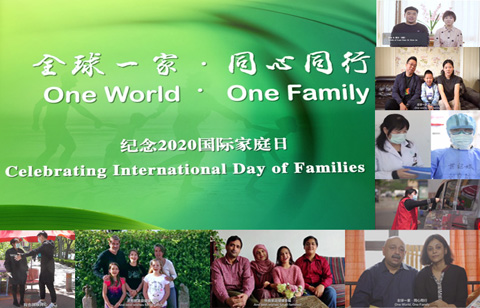China to Push Forward High-quality Development of Women and Children's Affairs
Date:2021-9-1 9:51:52 Views:The State Council's executive meeting chaired by Premier Li Keqiang on August 25 adopted the Outline for Women's Development in China (2021-2030) and the Outline for Children's Development in China (2021-2030).
Gender equality and women's all-round development are important hallmarks of social progress, and children represent a country's future and a nation's hope. Recent years have seen notable achievements the country made in women and children's affairs.
The outlines set out objectives and measures in health, education, social security, family, environment, legislation and other areas, and made the following requirements. The basic state policy of gender equality must be delivered. Women's equal rights to education, employment, starting businesses and participation in decision-making and management must be protected. Equal remuneration for men and women for work of equal value will be fully implemented. Public services that support the comprehensive development of families and women will be expanded, and social security system improved to meet women's special needs. Basic support and services for women facing difficulties will be strengthened and the legal system protecting women's lawful rights and interests refined.
The two outlines highlight the need to uphold the principle of putting children first. All-round protection of children is required at family, school, society and the internet levels. Compulsory education will remain the top priority of education investment. Children's well-rounded development in terms of moral grounding, intellectual and physical ability, aesthetic sensibility and work skills will be promoted. The health service system for children must be enhanced to ensure the safety of food and products for children. Efforts must be made to safeguard the rights to survival, development, protection and safety and the interest of orphans, unattended children, disabled children, and homeless children, extend care and protection to left-behind children of migrant workers and prevent and effectively deal with school bullying.
The two outlines urged updating the support measures in executing the three-child policy. Maternity leave and childbirth allowance will be implemented and parental leave explored. Public-benefit childcare services will be developed with the support of communities. Expenses for infant and child care services for children under 3 years old will be eligible for itemized extra tax deductions for individual income tax. Housing and other support policies will be strengthened. Multi-pronged steps will be taken to lighten the burden of family in child bearing, child care and children's education.
The meeting also said that China will increase fiscal and tax support to promote high-quality development of the Yangtze River Economic Belt. Boosting the Yangtze River Economic Belt is a major national strategy. It is necessary to increase fiscal and tax support, improve the market-oriented diversified investment mechanism, and pool all forces to drive high-quality development with priority on ecology and green development.
Efforts should be made to support ecological protection in provinces and cities along the Yangtze River and coordinate protection and restoration of the ecology of mountains, rivers, forests, farmlands, lakes and grasslands. Fishing in pivotal waters of the Yangtze River should be banned, and efforts should go into helping fishermen who relinquished their nets as required by a 10-year fishing moratorium.
The functions of the Yangtze River's waterways should be improved and green development promoted. Major waterway improvements will be made to the shipping capacity of the river's trunk line and the level of tributary waterways, considering the low energy consumption and low cost of shipping on the Yangtze River. Support should be provided for building riverside railways, highways and airports, promoting reservoirs, water diversion, urban flood control and drainage projects, and strengthening the management of small and medium-sized rivers and water and soil conservation in the river's upper and middle reaches.
Market mechanisms should give full play to their role in accelerating the conversion of new and old momentum, the resolution of backward production capacity, the transformation from manufacturing into intelligent and green and modern service industries.
Provinces and cities along the Yangtze River should be encouraged to build pilot free trade zones and comprehensive bonded zones. The meeting underlined supporting small and medium-sized enterprises to explore the international market and promoting the transformation and upgrading of foreign trade.



